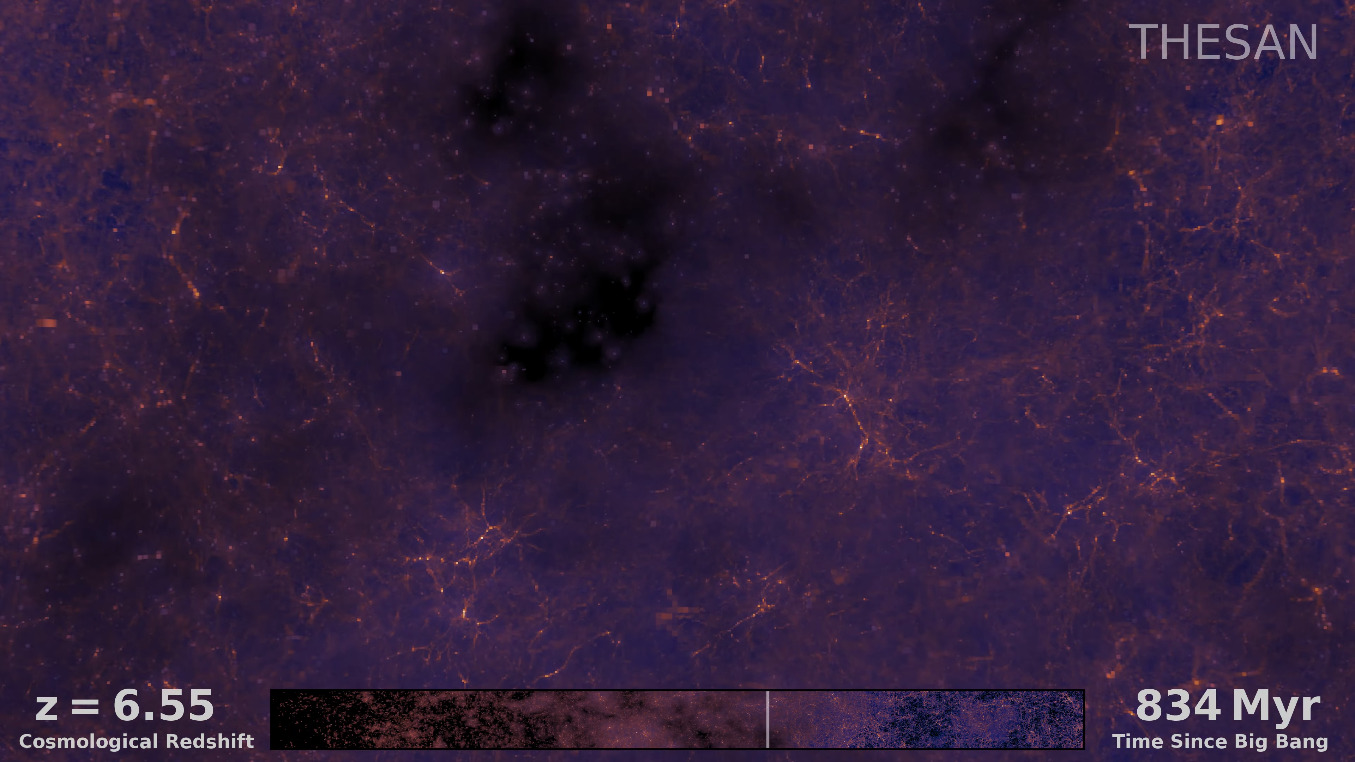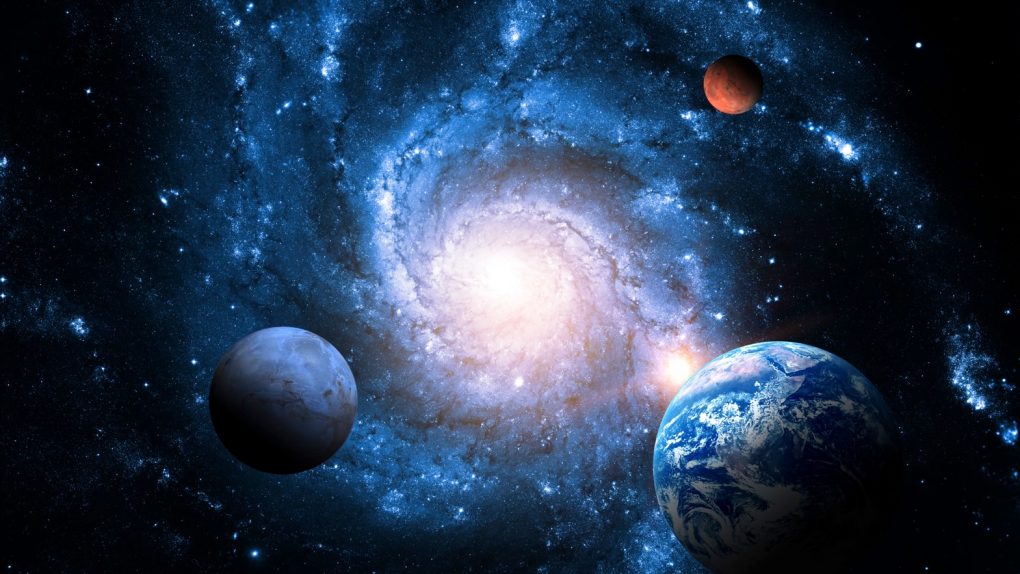A group of researchers from around the world are banding together to try to uncover the secrets of the universe’s first moments. Those first moments were crucial to how the universe expanded, and how it came to be what we see and know today.
And now, according to a new report from The Guardian, researchers from the United Kingdom have also joined the search. The goal of the effort is to figure out what the universe’s first moments looked like right after the Big Bang. To help with that, groups from six UK universities will work out of the Simons Observatory, which is located on Cerro Toco, 5,3000 meters above the Atacama Desert in Chile.
This observatory is home to a massive 20-foot telescope, as well as three smaller instruments that can measure the cosmic microwave background. The cosmic microwave background, or CMB, is essentially the leftover heat from the birth of our universe. But the hunt to unlock the secrets of the universe’s first moments won’t stop there.

The UK researchers will also construct two additional telescopes, which should help boost the sensitivity of the observatory’s instruments even more. Exactly what the universe’s first moments looked like is unclear, though it would have changed rapidly as the universe expanded.
That’s why this research is so important. Because if we can understand those crucial first moments, perhaps scientists can unlock a deeper understanding of how the universe continued to form after those opening seconds. And, from there, perhaps instruments like the James Webb space telescope could look deeper into the universe than we have before, especially if we develop new models for the data.
Ultimately, understanding and recreating those crucial first moments of the universe is going to be a major hurdle for scientists to overcome. But, if they can do it, it has the potential to unlock so much more data about our universe that we aren’t even close to understanding just yet.
Looking for more space news? Skywatchers can peer into the sky later this month to view the annual Orionid meteor shower. Plus, scientists now say that climate change on Mars could have been caused by ancient microbes now burrowed deep below the surface.








